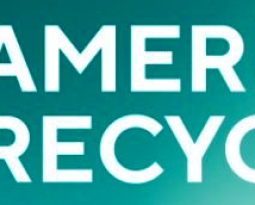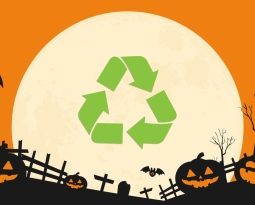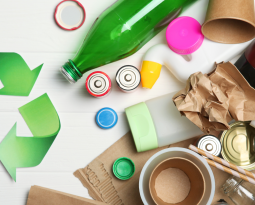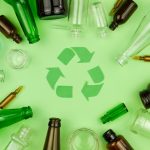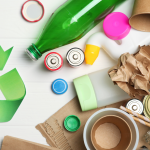Your Recycling Matters: Let’s Talk Recycling
 Follow us on our new series ‘Let’s Talk Recycling’. Recycling is a large part of a sustainable future and something we can all take part in as a community.
Follow us on our new series ‘Let’s Talk Recycling’. Recycling is a large part of a sustainable future and something we can all take part in as a community.
Recycling: you hear it all the time. You may be a dedicated recycler, a sometimes-certain things recycler, someone who wants to but does not know where or how to start, or someone who may not know how much it matters when one person recycles.
Your recycling contribution matters and contributes to the reduction of global GHG (Greenhouse Gas) emissions. Recycling is an all-inclusive action society can do to collectively improve: the environment, the economy, sustainable manufacturing and to prevent run-off waste polluting waterways. Just one person recycling can make an enormous difference. Here is how one person recycling a year can make an impact:
Your Recycling Contributions
- .04 garbage trucks of material at 7 tons per truck
- 22 garbage bags at 16 pounds per bag
- .27 tons of recyclables
- 1,386.82 gallons (about 5249.68 L) of water saved
The Effects on the Environment You Make
- 18 trees a year recycling your office paper
- 1 plastic water bottle a day keeps 20 pounds of plastic out of the landfills
- 1000 pounds of trash out of landfills by recycling household items
- 1,386.82 gallons (about 5249.68 L) of water saved
Greenhouse Gas Equivalency and Environmental Contributions
- .98 acres of forest growing over one year
- 41 tree seedlings grown for 10 years
- 2,027 miles (about twice the distance from Florida to New York City) driven in a gas-powered car
Recycling is an effective tool helping to lower emissions and can be done by anyone. By limiting the amount of waste that goes into landfills and the number of materials being used to manufacture goods, we can help decrease the effects of climate change.
The increase of garbage in landfills is bad for your health and wellness. Increased risks of low birth rates, cancers, fatigue, sleepiness, respiratory disease, and headaches are associated with harmful chemicals released into the air. Even if you are not near a landfill, the chemicals are airborne. The recent air quality alert due to the Canadian fires is an example of how particles are air borne and how far they can reach. Federal regulations require landfills to have plastic or clay liners which will have leaks. The leaks release liquid contaminating waterways making their way into groundwater supplies. Imagine spilling your red wine on your white carpet and allowing it to sink into the layers, the liquid leaks are along the same lines.
Landfill facilities take up space and are growing every day. Our nation is home to only 4% of the world’s population and is responsible for 12% of the planet’s trash. Just one person recycling contributes to lowering these percentages and may inspire someone else in the community to recycle. If everyone in the world recycled one aluminum can, it would produce 295 million new cans. It is equivalent to removing 6,750 cars from the road and saving 80% of energy.
Your individual recycling matters. Let’s keep talking about recycling, follow us to learn how and what to recycle!


